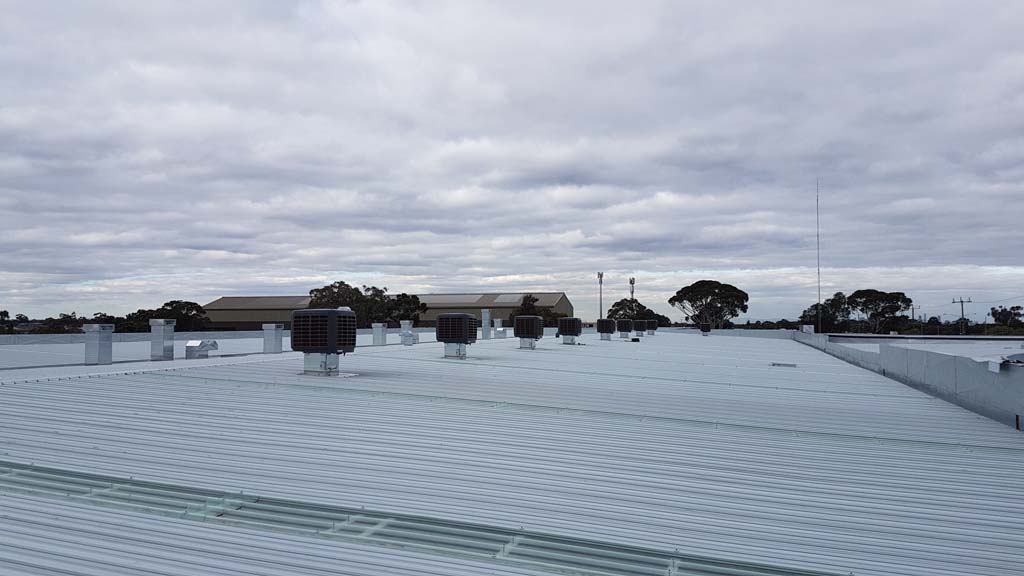Evaporative Cooling: A Sustainable Alternative to Traditional Air Conditioning
28 August 2024
Unveil how evaporative cooling offers a sustainable alternative to traditional air conditioning, making it a game-changer for ethical cooling solutions.
Evaporative cooling is an innovative and eco-friendly alternative to traditional air conditioning systems, particularly suited for hot and dry climates. By leveraging the natural process of water evaporation, this method significantly reduces energy consumption while providing effective cooling.
How Evaporative Cooling Works
Evaporative cooling operates by passing hot, dry air through water-soaked pads. As the air moves through these pads, water evaporates, absorbing heat and cooling the air. This process is driven by a fan that circulates the cooled, moist air into indoor spaces.
Unlike traditional air conditioning systems, which rely on refrigerants and consume significant electricity to cool and dehumidify the air, evaporative coolers can use up to 90% less energy, resulting in lower operational costs.
Evaporative Cooling As a Sustainable Alternative
Evaporative cooling has emerged as a sustainable alternative to traditional air conditioning due to its energy efficiency, environmental benefits, and improved indoor air quality. This cooling method leverages the natural process of water evaporation to lower air temperatures, making it particularly effective in hot, dry climates.
Energy Efficiency – The energy consumption of evaporative cooling systems is significantly lower than that of conventional air conditioning making it a better alternative. For instance, two-stage evaporative cooling systems can operate using only 10% of the energy required by traditional air conditioning units while providing substantial cooling capacity through the evaporation of water.
This efficiency is particularly advantageous during peak temperature periods, where evaporative systems can reduce overall energy demand, thereby alleviating stress on the power grid.
Environmental Impact
Evaporative cooling is considered more environmentally friendly than traditional air conditioning for several reasons:
• Reduced Carbon Footprint: By consuming less energy, evaporative cooling systems contribute to lower carbon emissions, which is crucial in combating climate change. Traditional air conditioning systems often rely on fossil fuels, which exacerbate greenhouse gas emissions.
• No Harmful Refrigerants: Unlike conventional air conditioning which often uses chemical refrigerants linked to ozone depletion and global warming, evaporative cooling relies solely on water, making it a safer choice for the environment.
• Improved Air Quality: Evaporative coolers introduce fresh outdoor air into indoor spaces, enhancing air quality by reducing pollutants and humidity levels, which can lead to a more comfortable indoor environment.
Applicability in Sustainable Architecture
As the construction industry increasingly focuses on sustainability, evaporative cooling systems are being integrated into building designs to minimise energy consumption. Their ability to lower indoor temperatures without harmful chemicals aligns with the goals of green architecture. This technology is particularly effective in dry climates, where it can significantly enhance energy efficiency and comfort levels within buildings.
Redrock Contracting: Your Evaporative Cooling Experts
Redrock Contracting offers comprehensive evaporative cooling solutions tailored to your specific needs. Our experienced team can design, install, and maintain evaporative cooling systems for any size or type of facility. If you’re considering evaporative cooling for your industrial or commercial property, contact Redrock Contracting for more information.
Optimized by: Netwizard SEO

